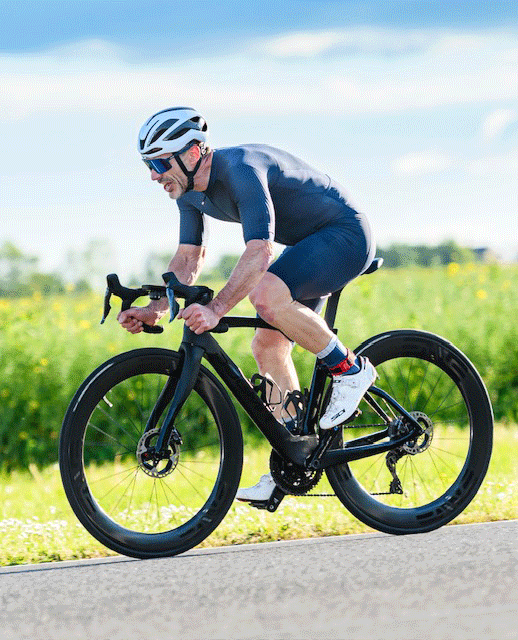
Tell us a bit about yourself, background, and your current role?
I served in the Royal Navy for more than 28 years gaining extensive management and operational experience in a number of highly demanding roles including a number of ships, Instructing officers and ratings at the Maritime Warfare School, directing communications training on-board NATO warships as Flag Officer Sea Training (FOST) staff, working for various NATO Commands including Commander Naval Forces South during Op Active Endeavour, deploying to the Middle East for Op Kipion, working as a MOD Capability Requirements Manager – responsible for bringing new capability into military use and delivering a plethora of Urgent Operational Requirements, Operational Planning at ISS culminating in leading Capability Development for emerging communications requirements and directing Force Generation Communication Operations for deployed ships and Royal Marines at Navy Command Headquarters. After a very rewarding career, I left the service in the Autumn 2013 to build my second career within industry.
Fortunately, I have worked for some great companies, met some brilliant people and honed my business skills. I joined Skyral after Christmas to lead the Business Development and growth function. I love technology and I enjoy meeting people so being able to combine both is a real privilege as it’s my job to understand customer needs, their problems and whether or not Skyral can develop and deliver a solution that solves these issues. Our team will then work collaboratively with Users to provide data fusion, visualisation, modelling and simulation including the use of digital twins to enable decision makers to make better, faster, decisions.
I attended Cranfield University achieving an MSc in Defence Acquisition, completing my thesis in ‘Implementing High-Performance Team Strategies to Improve Team Performance.’ I have two grown-up daughters, I am a keen cyclist and enjoy keeping fit, watching rugby, cricket and F1.
Did you ever sit down and plan your career?
Yes! From a very young age, I only ever considered a career in the Armed Forces. I had toy soldiers, action figures, built models and went to Air Cadets; I considered all three services but eventually decided that a career at sea travelling was the most appealing!
What one thing do you believe has been a major factor in you achieving success?
In one word – Drive. I set myself goals and I’m incredibly determined to achieve each of them. I’ve always wanted to strive for more, whether that’s to enhance my knowledge, assume greater responsibility, delight and help more customers or build and mentor diverse high-performing teams.
Have you faced any challenges along the way?
Yes! I think we are all faced with challenges from time to time, both professionally and personally.
Professionally. Commissioning mid-way through my career and undertaking basic training (again) in my 30s had different connotations than if I was 18 or 21 and just leaving school or university. I was married, had children and already been to sea on several ships. I found myself submerged into leadership theory, studying great military leaders, learning about navigation and seamanship coupled with enduring numerous physical and mental challenges before I completed training. Reflecting on my training, I discovered I had a reinvigorated aptitude for learning and undertook an Executive MSc in Defence Acquisition, coupled with busy relevant appointments, deployed Ops and a hectic family life. Having said that, I wouldn’t change anything, it’s all helped me become the person I am today.
Personally. Last year dealing with Divorce followed by redundancy (from an SME) in the same month was pretty tough! However, I’ve found that I’m incredibly resilient. We all have ways of dealing
with personal challenges whether they are physical, emotional or mental. I dealt with it by riding my bike around Gran Canaria. This gave me the ‘headspace’ I needed to focus on the future and the next challenge.

How has gender equality progressed over the past 5 years and what positive changes have you seen?
Gender inequality is narrowing in some areas, I’ve seen more young women engaged with STEM subjects and joining technology companies like Skyral. Indeed, the graduate and apprentice schemes
I’ve been involved with in the last few years have been second to none, equitable and something we should definitely celebrate. The challenge now is to hold on to our talented women and support them
in developing fulfilling careers.
I’ve really enjoyed seeing women’s sport develop, small steps I know. But no-one could have expected the euphoria created by the England Lionesses in the recent Women’s Euros Football, female footballers
became role models overnight, but disappointingly you then cannot buy a Goalkeepers shirt as it wasn’t expected to sell. Who in the shirt company would make a decision like that? And let’s not even mention the absurdness of their male counterparts’ pay. Cycling is another example where inequality is closing, Laura Kenny is equally as well known as her husband, Jason. However, I feel other sports are well behind the curve of where they need to be.
What are some challenges or barriers you’ve encountered while advocating for gender equality, and how have you addressed them?
Several years ago I became Cricket Captain for the village cricket team. The coach had two teenage daughters who used to turn up and watch their Dad coach the team, they had nowhere to play. So I decided the club would form a Women’s Team. My wife (at the time) was an amazing people organiser, had a whole team of women (including our daughter) training within weeks and fixtures scheduled. They had a dedicated women’s coach who had played for England in the 1990s and she had played during a time when it was incredibly tough to play at the highest level as a woman, she had a powerful story to tell about the challenges she faced. I was determined that the girls and women would also have the chance to play league cricket. I selected some of the young women into the men’s fixtures to help them develop their game and they relished the chance, we were a much better team for it.
However, this success was not celebrated by all. The club hierarchy was dominated by aged male dinosaurs of process and progress. They had a process for everything and didn’t want to do anything to change any of their ways of operating. My wife tried…she even became their first female club chair, the first in Somerset. This was celebrated massively by Somerset County Cricket, who provided the club with free kit, tickets to home fixtures, publicity..etc it was just amazing support and exactly what an organisation should do to get women’s sport established. But after a successful first year, club politics took over and the barriers to change became massive, my wife left the role and the women’s team sadly ended as the club just wouldn’t invest any effort to progress the team. Sadly, I’m sure there are many examples of this.
What does being a male ally mean to you, and why do you think it’s important?
I’m pleased to say that being a male ally has gained much traction in the last few years. The instigation of various networks such as the WED network has massively raised the profile for gender equality and along with it, the role of a male alley. For me, it’s about doing everything I possibly can to actively support and promote gender equality both personally and professionally in the workplace. This often means challenging established and outdated norms like the cricket example I mentioned, elevating women’s voices and advocating for equal opportunities and inclusivity. With all these things in place, we create a much more diverse, talented and effective working environment. I’m very proud to belong to a great company that shares these values.
How do you actively support and advocate for gender equality in your personal and professional life?
I think my answer above answers this question also!
What are some common misconceptions about male allyship, and how do you address them?
We typically see male allyship through the lens of men advocating for women’s issues. While this is incredibly important, it doesn’t really attend to the full breadth of what allyship could or should be.
Allyship is fundamentally about empathy. The more male allies use empathy as a tool to understand what women and underrepresented groups go through, the more they are able to support the women around them to advocate for themselves. This kind of empathy increases confidence, which deepens strength within the community of advocates (both women and male allies).
I address this by ensuring the strong work delivered by the women I work with is acknowledged on its own merit, rather than using gender as the main motive of acknowledgement, so that those women feel empowered to represent themselves and continue to shine.
Why do you think some men shy away from becoming involved with gender equality?
Using my cricket illustration, those men were all white, middle aged individuals who shy away from challenge or change. They didn’t want to question perceived norms, stereotypes or patriarchal structures. They also didn’t understand or appreciate what challenges women have endured over many years of striving to achieve gender equality, it’s about education and wanting to be educated and that’s why I believe there is still a long way to go.
From the outset you have supported Women Empowering Defence, why is it important to you to get involved?
I’m very passionate about supporting gender equality and challenging established norms, as male allies I’m cognisant that we play a significant role in helping to co-create an equitable and inclusive society for everyone. Being involved with the WED network provides an exceptional voice and digital platform to celebrate female achievements, provide opportunities to advance and empower women in the Defence industry. As we approach a general election, supporting Defence companies to scale and innovate whilst placing diversity as the heart of this, has never been more paramount.





Responses